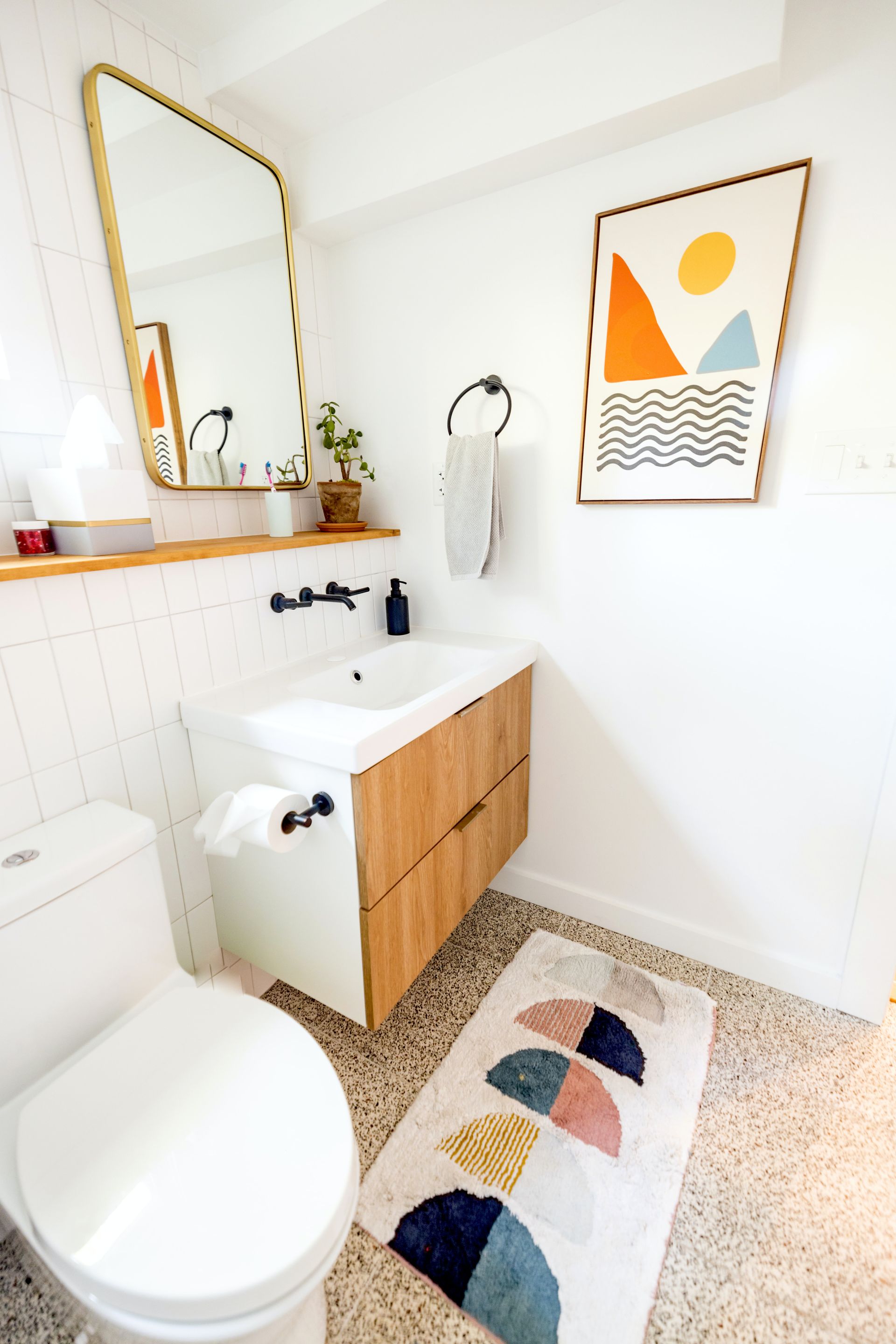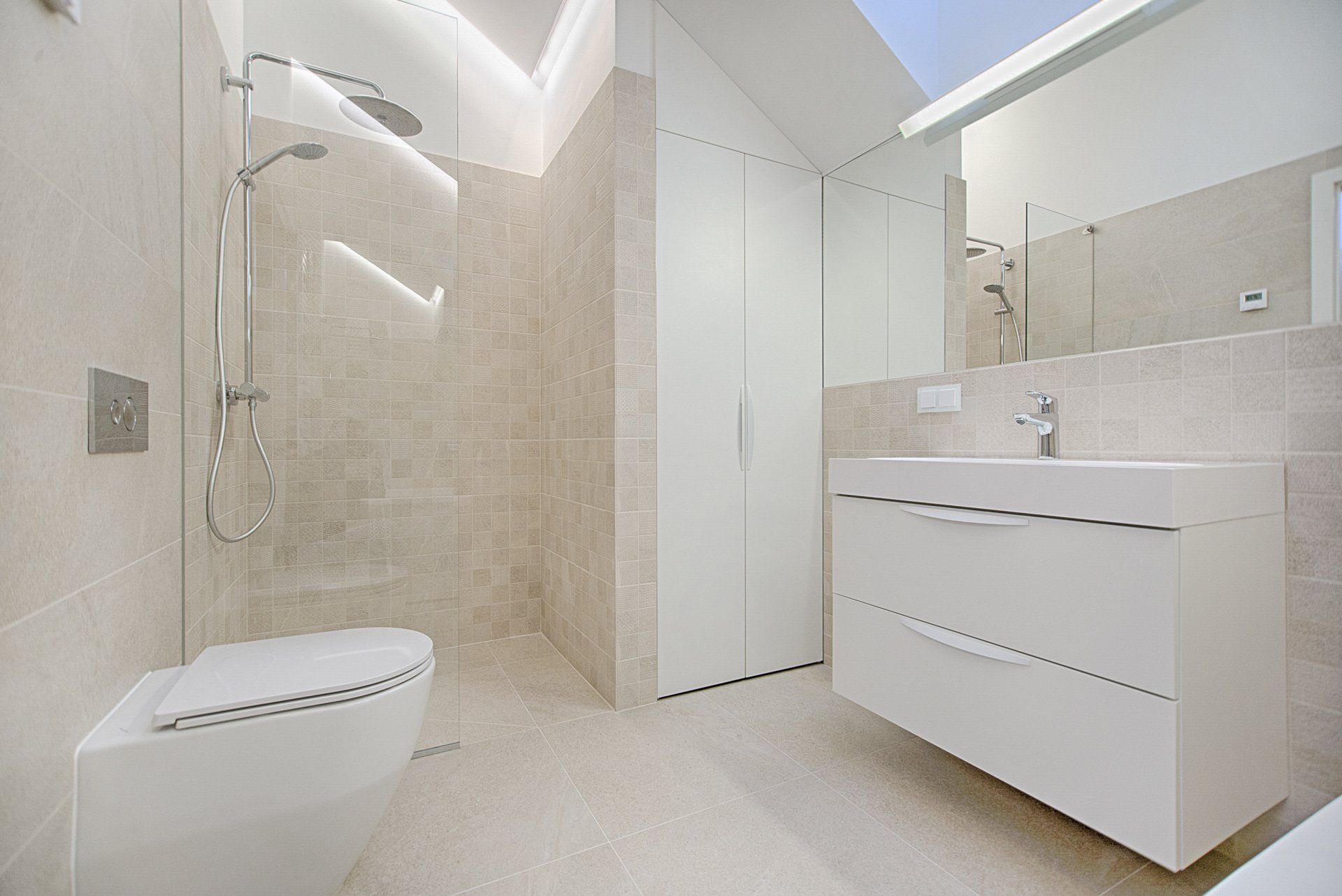Kitchen Remodeling Cost in Massachusetts: What You Need to Know
Understanding Kitchen Remodeling Costs in Massachusetts—Plan Your Dream Kitchen Today
Kitchen remodeling is one of the most sought-after home improvement projects. It allows homeowners to transform their kitchen space into a functional, beautiful hub for family gatherings and daily living. From simple updates to complete overhauls, a well-executed kitchen remodeling project can enhance your home’s value, boost its aesthetic appeal, and improve your quality of life.
Understanding kitchen remodeling costs is essential for effective planning. Costs vary widely depending on factors such as the scope of the renovation, material quality, and labor expenses. Being informed helps you set a realistic budget, avoid unforeseen costs, and make smarter decisions about material choices, layout changes, and design services.
Thomas Michaels Design Remodel has established itself as a leader in Massachusetts kitchen renovations, offering a seamless renovation process that includes professional design, custom cabinetry, and licensed general contractors. With their expertise in creative design service and technical design expertise, they’ve helped countless homeowners achieve their dream kitchen while navigating the complexities of kitchen remodeling costs.
Understanding Kitchen Remodeling Costs in Massachusetts
Key Factors That Affect Kitchen Remodeling Costs
Scope of the Project
The scope of a kitchen remodeling project determines the overall cost:
- Cosmetic Updates:
- Simple changes like replacing existing cabinets, adding mini appliances, or upgrading countertop materials fall within lower budgets.
Complete Overhauls:
Projects involving gut renovations, structural changes, or introducing custom work require significantly higher investments. For instance, removing load-bearing walls or redesigning the kitchen space to create an efficient corner layout can increase costs significantly.
- Material Costs
Material costs are one of the largest contributors to kitchen remodeling costs:
- Budget Materials:
Options like laminate countertops or pre-fabricated cabinetry materials are cost-efficient but may compromise durability.
- High-End Materials:
Choices like natural stone countertops, granite countertops, and custom cabinetry enhance aesthetic appeal and functionality but require a higher investment.
Labor Costs
Labor costs account for 25–40% of the overall cost of a kitchen remodeling project.
- Skilled Labor:
Professionals, including licensed general contractors, structural engineers, and interior designers, ensure quality craftsmanship but come at a premium.
- DIY Considerations:
While some homeowners try to save money through DIY efforts, tasks like electrical wiring, gas line modifications, and cabinetry installation are best left to skilled labor.
Unforeseen Expenses
Unexpected costs are common in kitchen renovations:
- Structural Engineer Fees:
Needed for removing or modifying load-bearing walls.
- Electrical Systems and Gas Lines:
Upgrading outdated electrical wiring or rerouting gas lines adds to the renovation process costs.
Key Takeaway:
Understanding kitchen remodeling costs in Massachusetts involves analyzing factors such as scope, material quality, and labor requirements. Proper planning ensures a realistic budget and avoids surprises during the project.
Cost Breakdown for a Kitchen Remodeling Project
Cabinetry
Cabinetry is often the largest expense in a kitchen remodeling project, accounting for approximately 30% of the total remodel costs. For Massachusetts homeowners, custom cabinetry is the gold standard, particularly in homes with unique architectural styles or historical significance.
- Custom Cabinetry:
Custom cabinets are tailored to each kitchen remodeling project, offering aesthetic appeal and ample cabinet space. They allow for efficient corner layouts, innovative storage solutions, and high-end finishes that elevate the overall design. For homes like Cape Cod or Middleboro, custom cabinetry seamlessly integrates with modern and traditional elements, ensuring functionality and style.
- Premium Materials:
High-quality cabinetry materials, such as natural wood or painted finishes, are durable and align with the elevated expectations of homeowners who want to create a dream kitchen. These cabinets complement natural stone countertops and other luxury features often found in upper-tier kitchen remodels.
Countertops
Countertop materials are a defining feature of any kitchen, influencing both the remodel costs and the overall aesthetic appeal.
- Natural Stone and Granite Countertops:
Timeless and durable, granite countertops and natural stone materials are highly sought for their ability to combine functionality with luxury. These materials are particularly well-suited to kitchen remodeling projects in areas like Plymouth or Cape Cod, where craftsmanship and elegance are prioritized.
- Innovative Options:
Beyond natural stone, homeowners can explore quartz or marble countertops, which offer exceptional durability and customization opportunities to suit their unique style preferences.
Appliances
The selection of appliances should reflect the homeowner's lifestyle and the kitchen's intended functionality.
- Luxury Appliances:
High-end, built-in appliances, such as professional-grade ranges or integrated smart refrigerators, are both style and utility investments. These features enhance the overall functionality of a kitchen space while contributing to its long-term value.
- Energy Efficiency:
Modern, energy-efficient appliances align with eco-conscious design principles and may reduce operational costs.
Labor and Permits
Labor costs represent a significant portion of kitchen remodeling costs, about 25% of the total budget. Employing skilled labor ensures that every detail—from intricate custom cabinetry to precise countertop installation—is executed perfectly.
- Permitting Expenses:
Permits for structural changes, gas lines, or electrical wiring vary depending on the project scope and location. Coastal towns like Cape Cod may require additional permitting for historical or environmental considerations, whereas urban centers like Boston often involve higher administrative fees.
The Role of Demolition and Construction in Remodeling Costs
Much of the kitchen remodeling cost in Massachusetts involves demolition and construction services. These steps are crucial for transforming your kitchen space, whether making layout changes or opting for a complete overhaul.
Demolition typically accounts for 5–10% of the overall budget. Costs vary widely depending on the size of the kitchen, structural elements like load-bearing walls, and unforeseen conditions like outdated wiring or plumbing. For example, demolishing a 150-square-foot kitchen could range from $1,000 to $5,000.
Construction costs depend on the scope of work. Installing new drywall, flooring, or cabinetry often runs $50 to $150 per square foot. Massachusetts homeowners also face region-specific expenses, such as labor rates and permitting fees, which can increase costs significantly.
Partnering with experienced professionals ensures these processes are efficient, compliant, and within budget, maximizing the value of your remodel.
Key Takeaway:
Custom cabinetry, natural stone countertops, and professional craftsmanship define the hallmark of a Thomas Michaels Design Remodel kitchen, ensuring every element is tailored to meet the highest standards of design and functionality.
Regional Variations in Kitchen Remodeling Costs
Urban Areas
Urban centers like Boston present unique challenges and opportunities for kitchen remodeling projects. These areas often have higher labor rates due to the competitive demand for skilled contractors and specialized trades.
- Cost Trends in Boston:
Mid-range kitchen renovation costs typically cost $30,000, with upscale remodels exceeding $100,000. The emphasis on maximizing kitchen space in compact city homes can require creative design services, increasing the complexity and cost of the project.
- Transportation and Accessibility:
Urban logistics, such as transporting demolition and construction materials or accessing high-rise buildings, may increase labor costs or require additional planning.
Suburban and Coastal Areas
Suburban towns like Middleboro, Plymouth, and Lakeville and coastal regions like Cape Cod have distinct needs for kitchen renovations.
- Cape Cod’s Historical Charm:
Homes in Cape Cod often require custom work to preserve their architectural integrity. Gut renovations or complete overhauls may incorporate natural stone countertops, custom cabinetry, and other high-end materials to match the historical style.
- Suburban Flexibility:
Suburban areas may allow larger kitchens with efficient corner layouts or open floor plans. Lower labor costs compared to Boston make extensive remodels more accessible for homeowners in these areas.
Why Location Matters
Location plays a significant role in remodeling costs, affecting everything from labor rates to material sourcing:
- Transportation Costs:
Rural areas may incur additional fees to transport more materials, particularly for heavy items like granite countertops or custom cabinetry.
- Regulatory Considerations:
Local permitting requirements vary widely depending on the municipality, particularly in areas with environmental or historical preservation rules.
Key Takeaway:
Kitchen remodeling costs vary across Massachusetts, with urban areas like Boston demanding higher budgets, while suburban and coastal towns provide opportunities for larger-scale, custom renovations.
Customization and Design Considerations
How to Save Money on Kitchen Renovation Costs
Practical Tips for Cost Efficiency
Managing your budget effectively during kitchen remodeling requires thoughtful planning and strategic choices. Here are some practical tips to save money while maintaining quality:
- Retain Existing Cabinets and Layout:
If your current cabinets are in good condition, consider refinishing or repainting them instead of replacing them. Keeping the same layout minimizes costs associated with plumbing and electrical systems.
- Choose Budget-Friendly Materials:
Opt for semi-custom cabinets and affordable countertop materials like laminate or quartz alternatives. These options balance cost efficiency with aesthetic appeal.
- Time Your Project Wisely:
Scheduling your renovation process during off-peak seasons can lead to lower labor costs, as contractors often offer discounts when demand is lower.
Avoiding Costly Mistakes
While saving money is essential, avoiding unnecessary expenses is equally important:
- Work with Professionals:
Hiring licensed general contractors and investing in professional design ensures your kitchen renovation meets safety standards and avoids costly rework.
- Plan for Unforeseen Expenses:
Unexpected issues like discovering load-bearing walls during demolition or outdated electrical wiring can increase costs significantly. Allocating a contingency budget for such surprises is crucial.
Key Takeaway:
Balancing cost efficiency with quality is possible by making informed decisions, planning, and working with experienced professionals. With the right approach, you can save money while creating a dream kitchen that meets your needs.
ROI: The Value of Kitchen Remodeling Projects
Return on Investment
Kitchen remodeling projects not only enhance the functionality of your home but also offer significant ROI when done thoughtfully:
- Mid-Range Renovations:
These projects typically recoup 60–70% of the investment. For example, a $50,000 kitchen remodel in Massachusetts could add $30,000–$35,000 to your home’s resale value.
- High-End Renovations:
High-end projects, such as incorporating custom cabinets, natural stone countertops, and luxury appliances, can yield up to 50–60% ROI while significantly increasing the home’s overall appeal.
Increasing Home Appeal
Investing in high-quality materials and creative design services can make your home stand out to potential buyers:
- Custom Features:
Custom cabinetry and ample cabinet space improve storage and add an element of luxury that attracts discerning buyers.
- Premium Materials:
Features like granite countertops and ceramic tile flooring create a polished, timeless look that enhances resale value.
Key Takeaway:
A well-executed kitchen remodeling project serves as a valuable home improvement investment. You can boost your home’s market value by incorporating thoughtful upgrades while enjoying a functional and stylish space.
Thomas Michaels Design Remodel combines technical design expertise and skilled labor to deliver exceptional results, making them the go-to design-build firm for Massachusetts homeowners.
Understanding kitchen remodeling costs and the factors influencing them is essential for a successful project. Whether retaining existing cabinets or opting for custom cabinetry and high-end materials, strategic planning is the key to balancing cost efficiency and quality.
Are you ready to transform your kitchen into the heart of your dream home? Contact Thomas Michaels Design Remodel today to schedule your free consultation. Our team is here to guide you through every step of the renovation process, ensuring your vision becomes a stunning reality.



